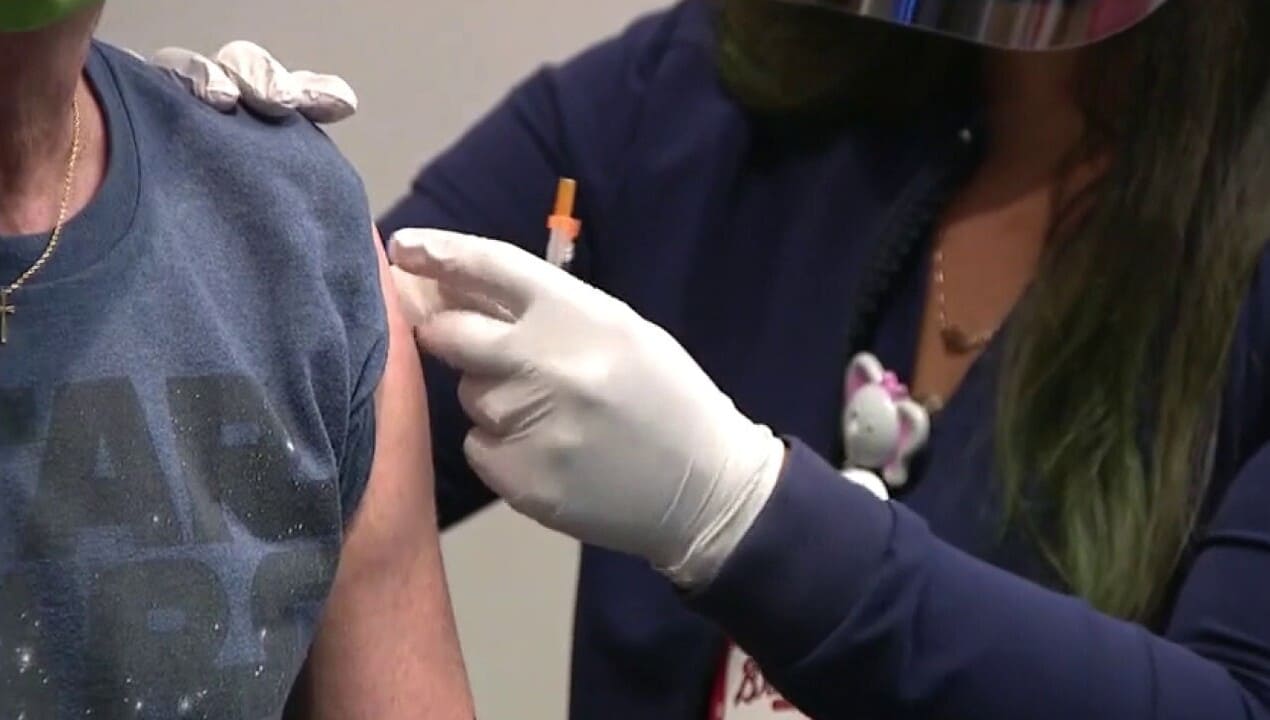
Independent Report – The recent changes in U.S. federal vaccine policy led by Health Secretary Robert F. Kennedy Jr. have sparked significant reactions among medical organizations and several states. These groups are now creating their own vaccine guidelines for the upcoming fall respiratory illness season. Their main concern is that many healthy children and pregnant women may lose access to important preventive vaccines due to the new federal stance.
This development introduces a risk of confusion among healthcare providers and patients, as there could be differing vaccine recommendations coming from federal and state levels. Health experts warn that this conflicting information may complicate vaccination efforts and public understanding.
The federal vaccine advisory panel, known as the Advisory Committee on Immunization Practices (ACIP), has long played a central role in shaping vaccine policies. ACIP advises the U.S. Centers for Disease Control and Prevention (CDC) on who should receive vaccines and the timing of those vaccinations after approval by the Food and Drug Administration (FDA). Many state laws depend on ACIP’s guidance to determine vaccine-related policies.
Robert F. Kennedy Jr., who has a history of questioning vaccine safety despite scientific evidence supporting vaccines, was appointed by former President Donald Trump to lead the Department of Health and Human Services (HHS). Since his appointment, Kennedy has significantly altered the federal vaccine recommendation process. Last month, he dismissed all 17 members of ACIP and replaced them with his own chosen advisers, some of whom are known for anti-vaccine activism. Earlier, in May, Kennedy withdrew federal recommendations for COVID-19 vaccines for pregnant women and healthy children without consulting ACIP, claiming that there was insufficient evidence to support boosters for these groups.
Also Read : Idaho Killings: Kohberger Faces Life Sentence, Motive Unclear
In response, major U.S. medical organizations have taken action. The American Academy of Pediatrics (AAP) and the Infectious Diseases Society of America (IDSA) have filed lawsuits against Kennedy over the changes in COVID vaccine policy. The AAP announced it will create and promote its own evidence-based vaccine guidelines for the fall respiratory illness season, covering COVID-19, influenza, and respiratory syncytial virus (RSV).
Dr. Sue Kressly, president of the AAP, expressed strong opposition to the dismantling of the vaccine advisory system, stating that the organization “simply cannot and will not stay silent.” Similarly, the American College of Obstetricians and Gynecologists (ACOG) is preparing its own guidelines, which will be released later this year. ACOG continues to support COVID-19 vaccination for pregnant women, a group at higher risk of severe illness and pregnancy complications from the virus.
ACOG also rejects Kennedy’s panel’s recommendation against flu vaccines containing thimerosal, a preservative with a long-debunked association to autism promoted by vaccine skeptics. The organizations are working with the Vaccine Integrity Project, a coalition of public health and infectious disease experts formed to monitor changes in vaccine policy, to ensure their guidelines are based on the latest scientific evidence.
Dr. Michael Osterholm, director of the Center for Infectious Disease Research and Policy at the University of Minnesota and adviser to former President Joe Biden, explained that their goal is to provide an unbiased, authoritative review of vaccine data to support these medical societies in issuing trustworthy guidelines.
An HHS spokesperson defended Kennedy’s actions, describing the newly formed advisory panel as providing “fresh, independent scientific judgment” and assuring that ACIP “will continue to be the statutory authority guiding immunization policy” in the United States.
Meanwhile, experts warn about the complexities this situation creates. Jen Kates, a senior analyst at the Kaiser Family Foundation, noted that states have traditionally had varied health policies. However, the emergence of multiple vaccine recommendation sources at both federal and state levels may confuse parents and healthcare providers about whom to trust. She emphasized that infectious diseases do not respect state boundaries, which could undermine public health efforts.
ACIP recommendations have been integrated into hundreds of laws across the country since the committee’s founding in 1964. These laws affect health insurance coverage, vaccine access for children from low-income families, school immunization requirements, and the authority of pharmacists to administer vaccines. Rebecca Coyle, executive director of the American Immunization Registry Association, described the extent of ACIP’s influence as “mind-numbing.”
Almost 600 laws and regulations across 49 states, three U.S. territories, and Washington, D.C. reference ACIP recommendations. Some states have already taken steps to counterbalance the federal changes. Wisconsin, for example, continues to recommend COVID-19 vaccination during pregnancy and for all individuals aged six months and older, and its Medicaid program will cover the vaccine for eligible recipients.
Governors in California, Washington, and Oregon have condemned Kennedy’s dismissal of the ACIP members and expressed serious concerns about the transparency and reliability of federal vaccine guidance. These states intend to maintain vaccine recommendations consistent with leading medical organizations.
Other states are revising their laws to include recommendations from major medical societies alongside ACIP guidance. Colorado, for instance, has amended its laws to allow vaccine policies for schoolchildren to be based on multiple expert recommendations. Massachusetts is considering legislation to empower its public health commissioner to set childhood immunization rules without relying solely on ACIP. Similarly, Maine has removed ACIP references from one of its vaccine access laws.
Dr. Osterholm shared that health insurers have indicated a preference for uniform vaccine recommendations, which could drive efforts to align guidelines among different groups. He stressed the need for collaboration while acknowledging the current challenge of having multiple competing authorities on vaccine policy.
In summary, Robert F. Kennedy Jr.’s reshaping of vaccine advisory processes has prompted medical organizations and states to develop independent vaccine recommendations. While this aims to protect public health, it also risks creating confusion and inconsistency in vaccine policies across the United States.
Also Read : No More Guessing! Here’s the Secret to Keeping Your Child’s Blood Sugar in Check